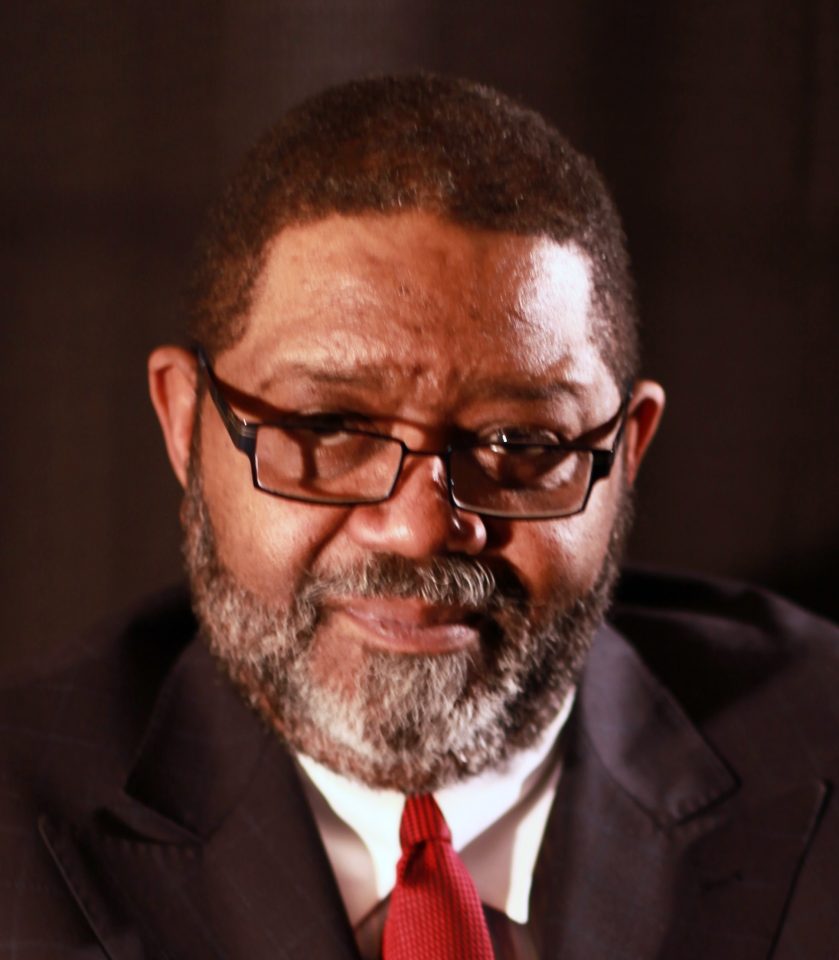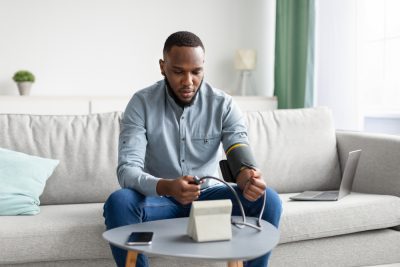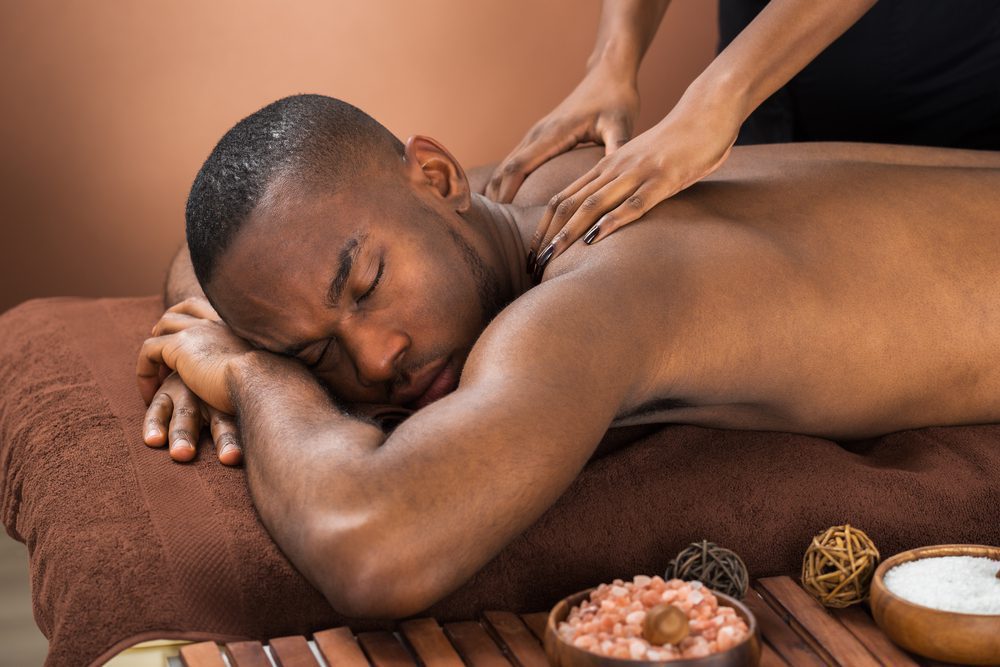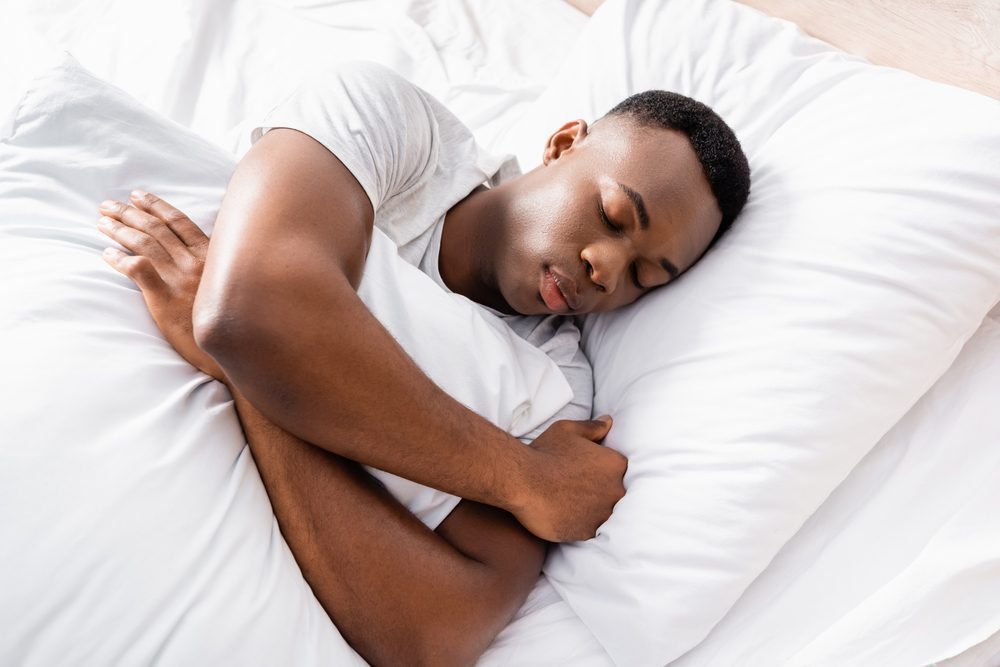
Sam Simmons has more than 28 years of experience as an alcohol and drug counselor and behavioral consultant in Minneapolis, who specializes in practical, culturally sensitive and trauma-informed work with African American males and their families.
He is scheduled to deliver the keynote address during the Black Men’s Healing Conference: Solutions to the Opioid Epidemic” organized by the Detroit Recovery Project Friday, Sept. 14, in Detroit.
Simmons is executive producer of public affairs programming at the popular community radio station KMOJ in Minneapolis, where he co-hosts a weekly program called “Voices of the African American Community.” He is respected around the country for his highly informed work around African American historical trauma and Black men’s healing.
Before Friday’s conference in Detroit, Simmons took time to share his insights on Black men’s health and healing with rolling out.
Why is this conference important when it comes to healing men in the Black community?
When discussing the ills and disparities within the African American community, issues arise such as violence, drugs, poverty and emotional, physical, and spiritual health. When systematic concerns like oppression and racism aren’t being questioned as barriers, personal accountability of Black men are brought to the forefront. In addition, African-American men’s trauma is typically dismissed and not addressed. Many want to believe that racism isn’t that big of a problem and because “we had a Black president.” When African American men suffer, directly or indirectly, they pass their trauma on to the women and children in their lives. Thus, the cycle of pain continues, and the community suffers tenfold.
Many in the Black community do not realize that race-based historical trauma and current racial incidents have direct impacts on us. When they watch deaths of Black men and boys, such as Philando Castile or 13-year-old Tyre King, they think that it could have been their son, brother, father or relative, and so this pain sits in and triggers their individual and collective psyches. Added to the constant microaggressions they face in our daily lives, the trauma lives on.
I believe African Americans must take responsibility and accountability for their healing. It is vital in rebuilding our communities, building strong bonds, and raising capable children. The village that hides the truth cannot expect to heal but to pass on the pain.
How would you describe the opioid addiction epidemic’s impact on the Black community?
Drug addiction in the Black community has been a concern, but only recently we became aware of the rise in opioid overdoses and deaths in the Black community. Citing data from the CDC (Centers for Disease Control and Prevention), The New York Times reported in December, “Drug deaths among Blacks in urban counties rose by 41 percent in 2016, far outpacing any other racial or ethnic group.”
And emergency rooms in urban areas ― where minority communities historically reside ― saw a 54 percent increase in opioid overdose patients between June 2016 and September 2017, according to the CDC. This is at a time when the White communities are disproportionately impacted by the current opioid epidemic.
What can health professionals do to provide education through community organizations about health and the opioid epidemic?
- Educate the workforce and community about historical trauma and developmentally sensitive periods.
- Do the self-work first by working through racial issues of fear and/or biases, refrain from over-empathizing which can be paralyzing and not lead to change, and be aware of their trauma.
- Raise awareness of male victims in all aspects of identification, advocacy and service delivery among the community and professionals.
How does economics play a role in the opioid addiction epidemic?
Economics through the lens of race and class plays a role in the response to the opioid epidemic. There is some solid evidence behind this. The research shows the public possesses subconscious biases that make them more likely to view Black people and other minorities as less innocent and more criminal, which was played out in the reaction to the heroin and crack cocaine epidemics during the 1970s and ’80s with punitive, tough-on-crime policies.
The opioid epidemic is seen as White, and since lawmakers tend to be whiter and wealthier, many have a personal contact or share personal stories, so they tend to see them as victims and treat the current epidemic as a public health [issue], not [a] criminal justice issue.
[Former director of] the White House Office of National Drug Control Policy [under former President Barack Obama], Michael Botticelli said: “Because the demographic of people affected are more white, more middle class, these are parents who are empowered. They know how to call a legislator, they know how to get angry with their insurance company, they know how to advocate. They have been so instrumental in changing the conversation.”
What is the emotional language that men should be aware of and communicate better?
Allowing men the opportunity to talk about their early traumatic events in safe spaces can create an understanding of the link to what happened to them and their chemical use and can provide an opening for emotional healing and transformation. If men tell their stories and understand the broad reach of the effects of their emotional pain, they would be less selfish, [which is] often used as a protective factor.
For instance, I recall one man telling how his uncles threw him in Lake Michigan when he was 4. He was terrified. After they fished him out, he recalled being told: “That’s your first lesson in being a man. Never to be afraid.” It stayed with him even at [age] 35. [He] spent his whole life scared of being scared, working hard to nullify the emotion with chemicals and violence — an emotion that is natural.
The more you try to disregard and don’t process a natural emotion, such as fear and pain, other emotions, such as compassion and love, are stifled. A sober lifestyle and/or healthy quality of life is difficult with unrecognized, untreated trauma.
What recommendation do you have for health checkups and developing better health regimens for Black men?
- Address historical trauma and its legacy by augmenting the evidence-based, treatment approaches to therapy and research.
- Develop authentic relationships with long-term investments in community change and effective trauma-informed service delivery.
- True equity. Change does not come without people in power being willing to be uncomfortable.
















